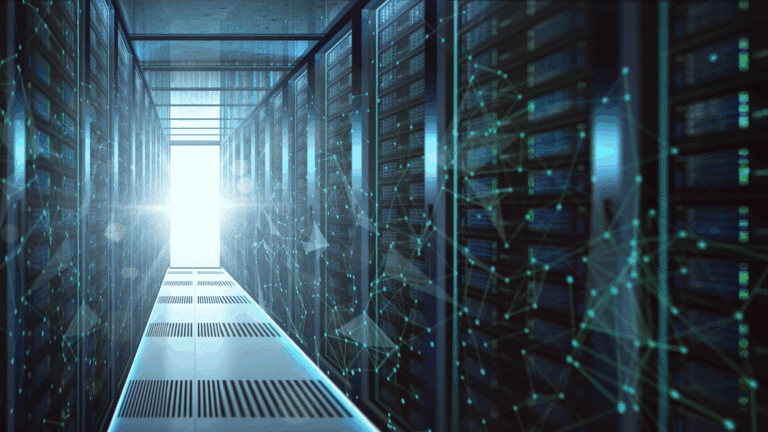This website uses cookies as well as similar tools and technologies to understand visitors’ experiences. By continuing to use this website, you consent to Columbia University’s usage of cookies and similar technologies, in accordance with the Columbia University Website Cookie Notice.
Can AI Help Reduce Emissions of Greenhouse Gases?
Past Event
January 30, 2025
12:00 pm - 1:30 pm est
Please join the Center on Global Energy Policy (CGEP) at Columbia University’s School of International and Public Affairs for a special webinar “Can AI Help Reduce Emissions of Greenhouse Gases?” A new 17-chapter volume by CGEP Inaugural Fellow David Sandalow and a team of 24 co-authors explores that question.
The Artificial Intelligence for Climate Change Mitigation Roadmap (Second Edition) provides introductions to both AI and climate change, examines the potential for AI to help reduce emissions in eight sectors (including the power sector, transport sector, and manufacturing), and analyzes cross-cutting issues including the role of large language models. The Roadmap also explores the rapidly growing power demand for AI and the extent to which computing operations for AI will increase emissions. Please join us for a presentation of the Roadmap and an opportunity to ask questions to the Roadmap’s principal co-authors.
This webinar will be hosted via Zoom. Advance registration is required. Upon registration, you will receive a confirmation email with access details. The event will be recorded and the video recording will be added to our website following the event.
This event is open to press, and registration is required to attend. For media inquiries or requests for interviews, please contact CGEP Communications ([email protected]).
For more information about the event, please contact [email protected].
More Events
Powering Data Centers: Nuclear Energy and Emerging Careers
The Center on Global Energy Policy at Columbia University SIPA's Women in Energy initiative and Accenture invite you to join us for an evening of conversation and networking...
395 9th Ave, New York

The Sustainable Data Centers Roadmap
https://youtu.be/0n7K3rI-FLs?si=DfstdFN_5v9u03oP In this Roadmap presentation, coauthors examine data centers' energy use, strategies for improving data centers' energy efficiency, greenhouse gas emissions from data centers, strategies for using data...

CGEP & CGT Present: AI for the Energy Transition @ Climate Week NYC
How can AI help the energy transition? Can the dramatic advances in artificial intelligence reshaping all our lives be mobilized to accelerate the transition to clean, low-carbon energy?
Room/Area: Joseph D. Jamail Lecture Hall, 3rd Floor

Frontier Issues in AI and Climate Change: Seizing the Opportunity, Meeting the Challenge
Exploring the promise of AI in fighting climate change. This panel launches from two broad premises: AI is rapidly changing our lives. Climate change represents an existential threat...

Relevant
Publications
The Nvidia Chip Deal Is a National Security Disaster Waiting to Happen
Trump’s latest proposal would cede the United States’ AI advantage.

How DOE’s Announcement on Data Centers Could Impact the Grid
The US Secretary of Energy Chris Wright has directed the Federal Energy Regulatory Commission to make a rule that would help rapidly move electricity onto the US grid in large amounts.

How AI Growth Can Hyper-Scale Energy Equity and Affordability
Artificial intelligence is driving a massive technological transformation that is already reshaping many aspects of daily life.




